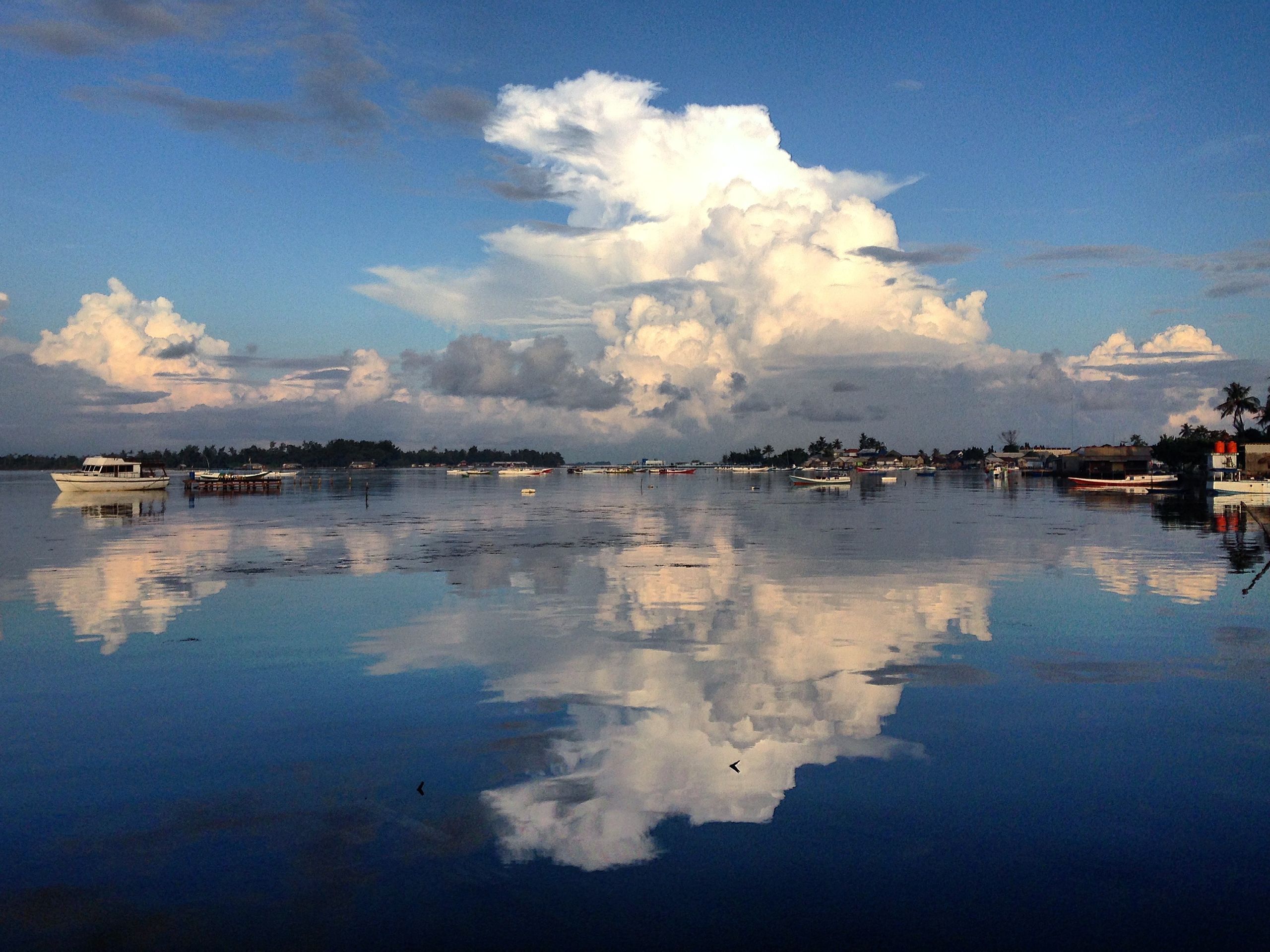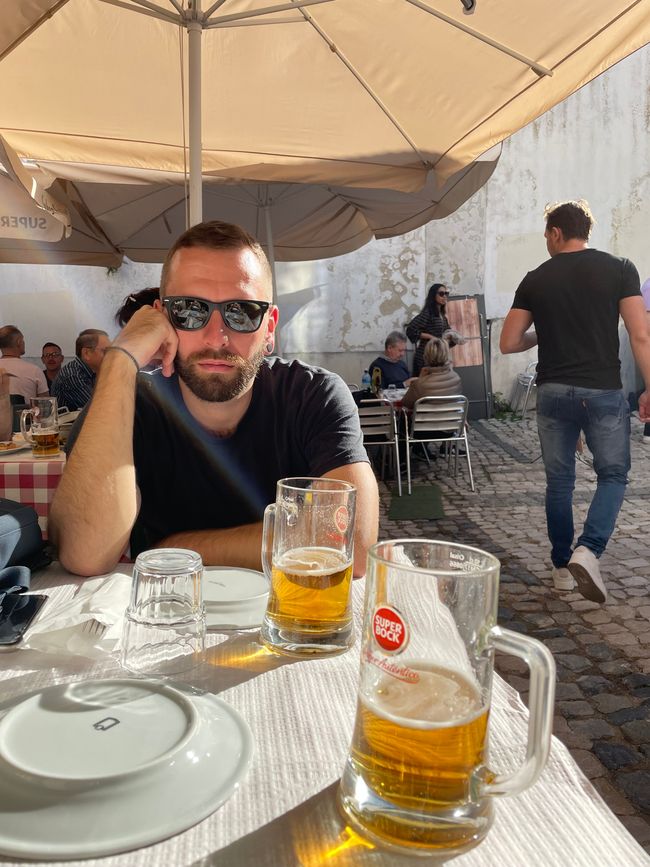Ushuaia
Julkaistu: 14.06.2024
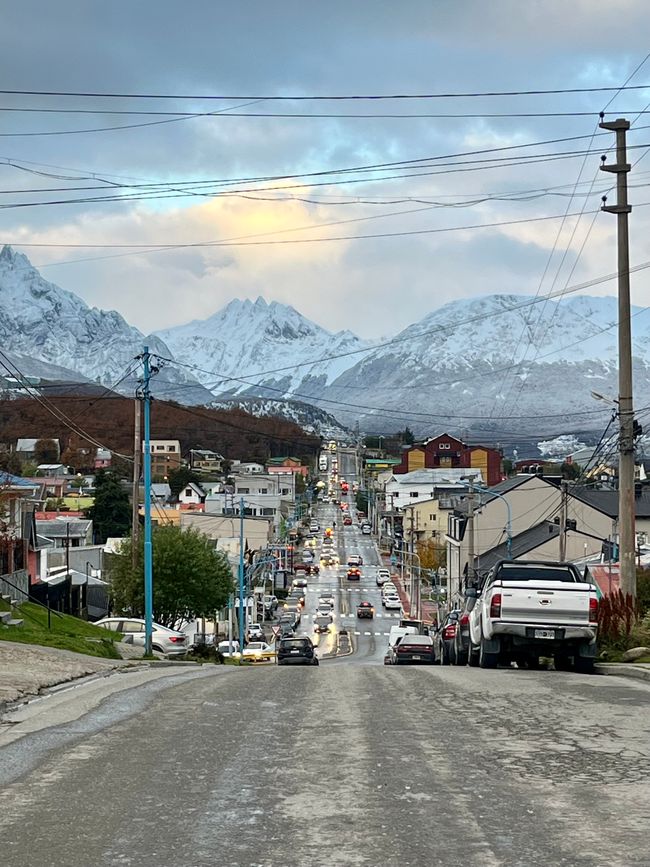
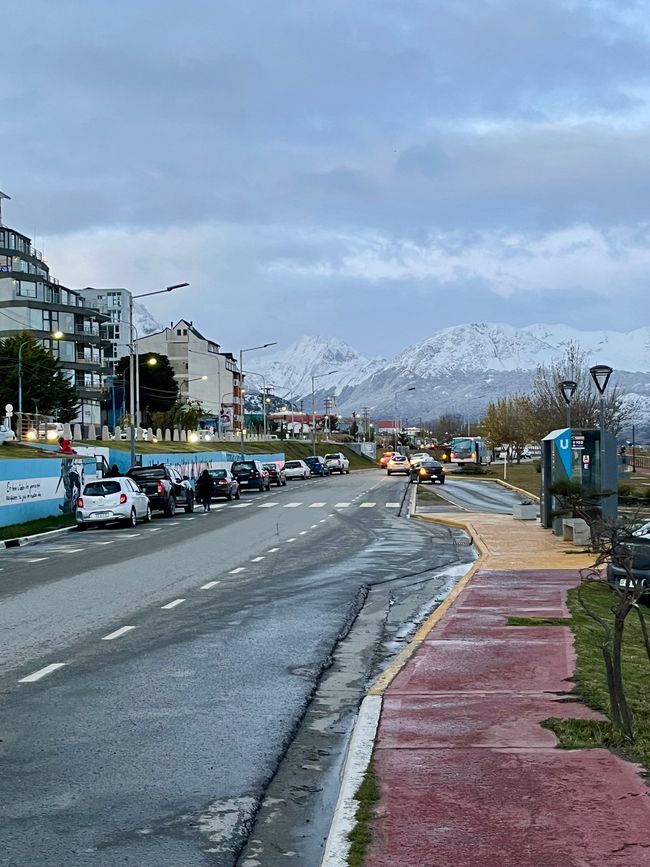
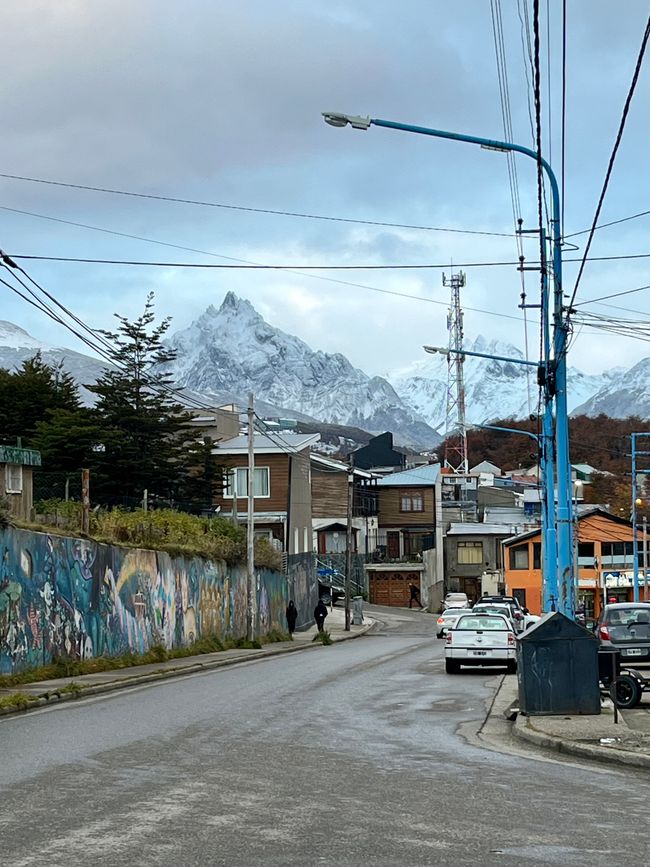
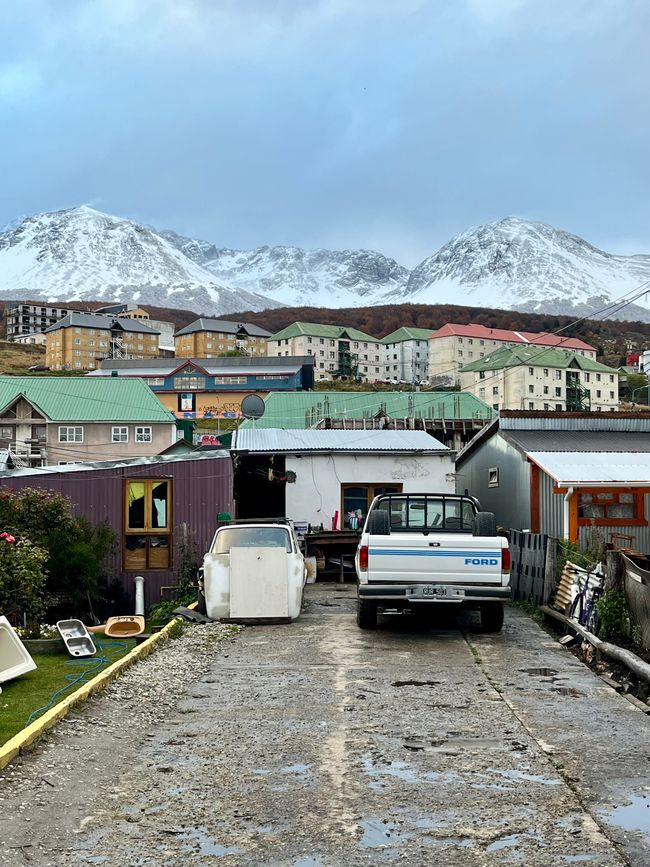
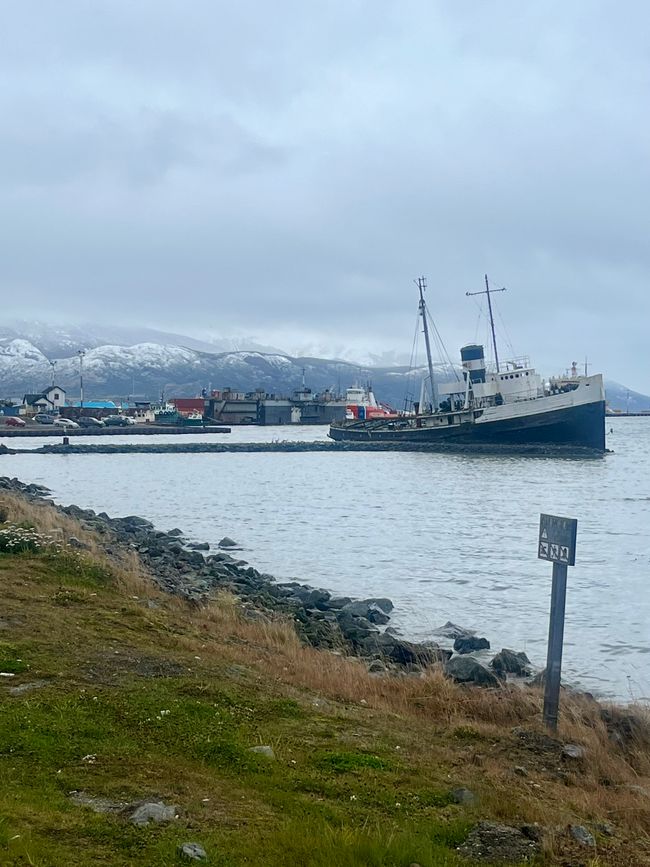
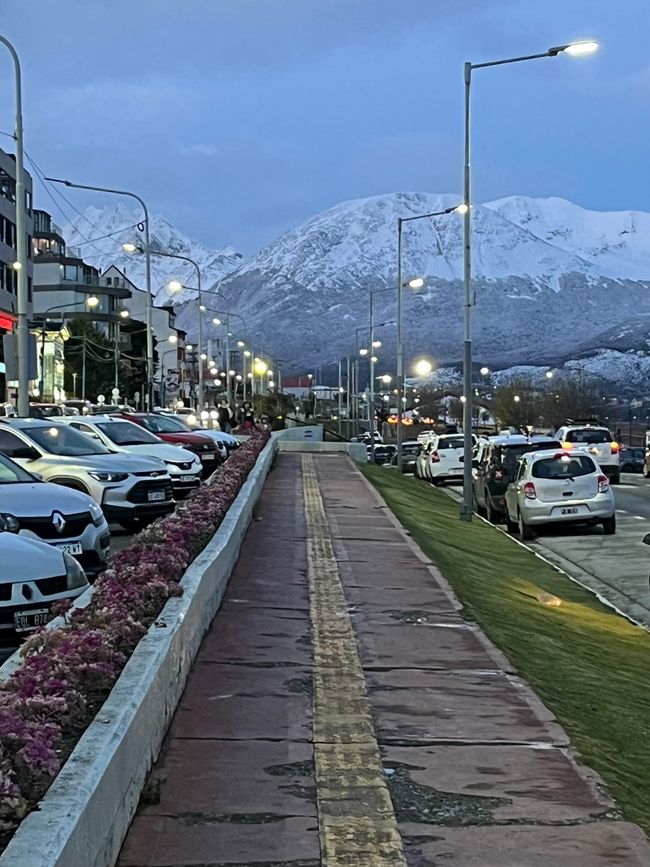
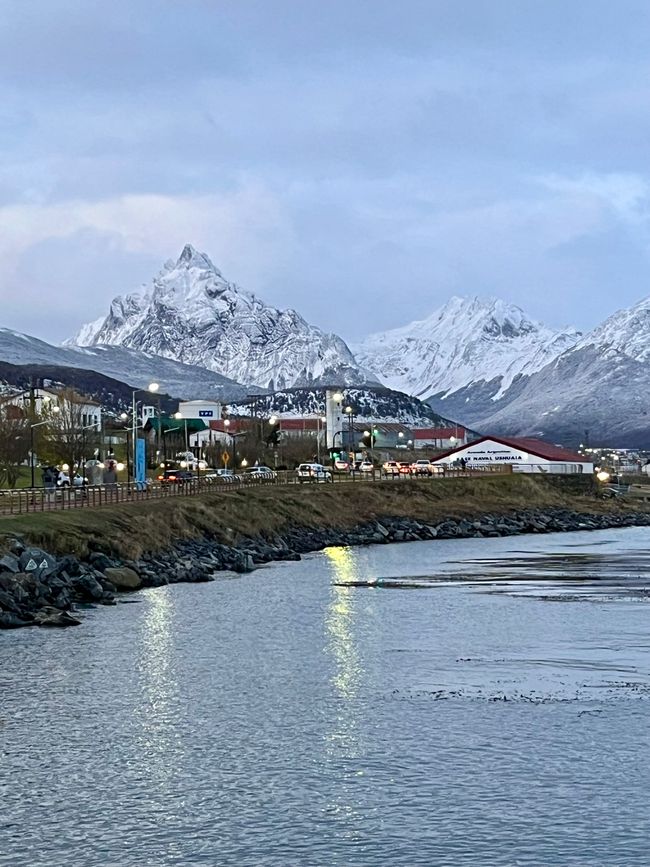
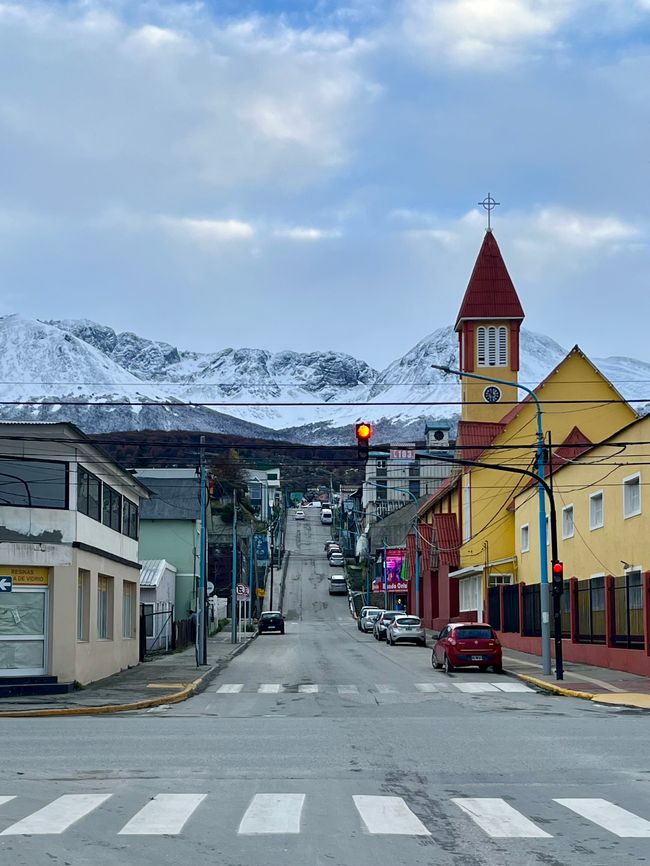
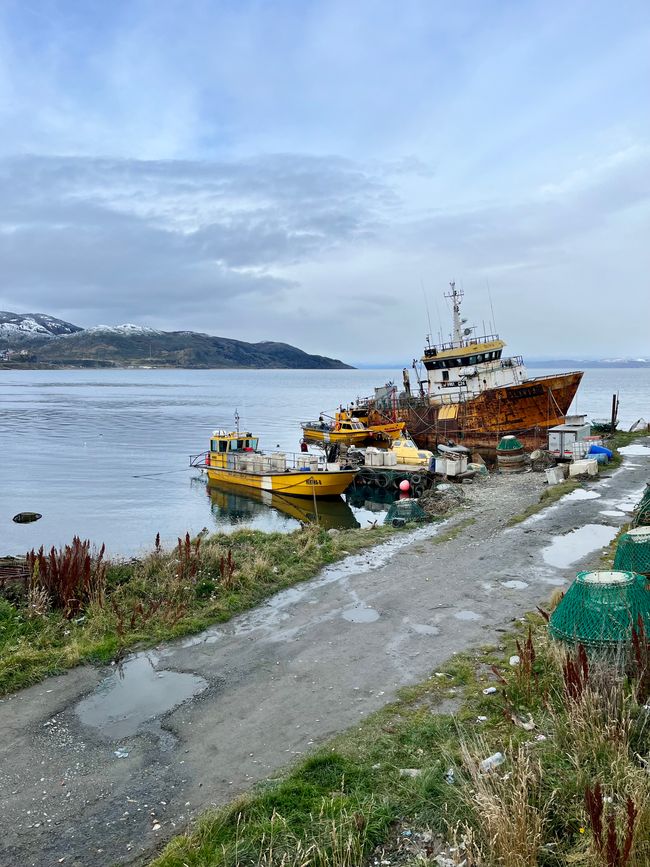
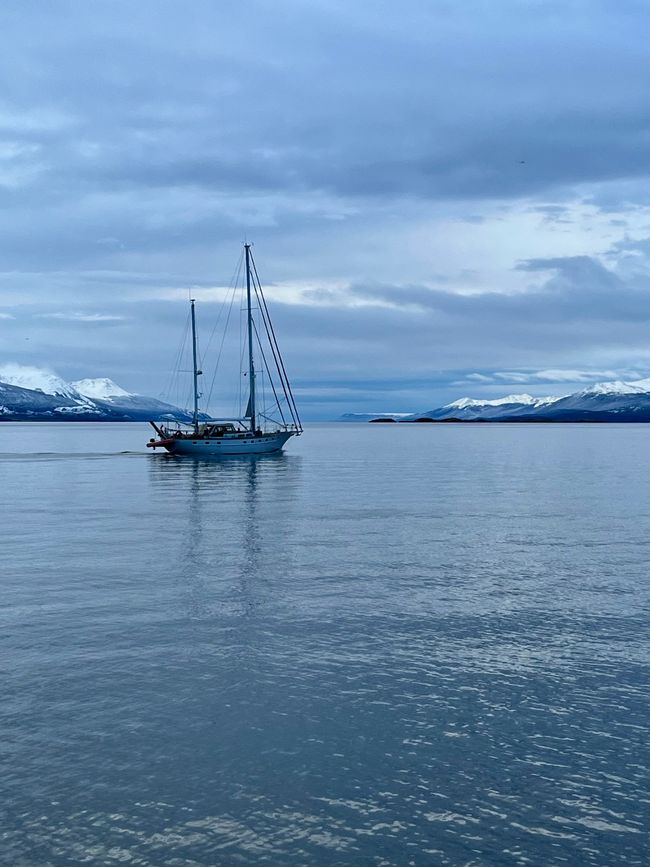
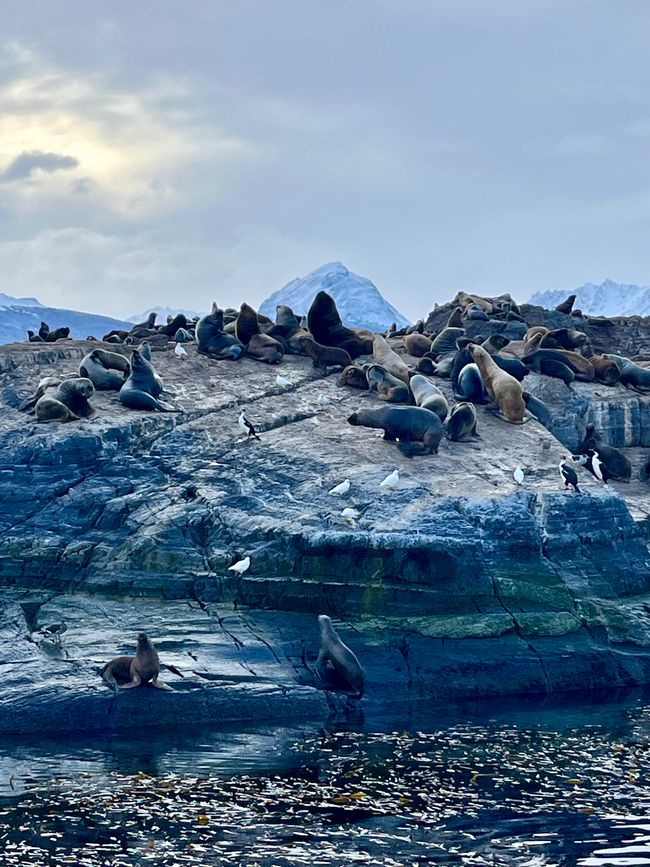
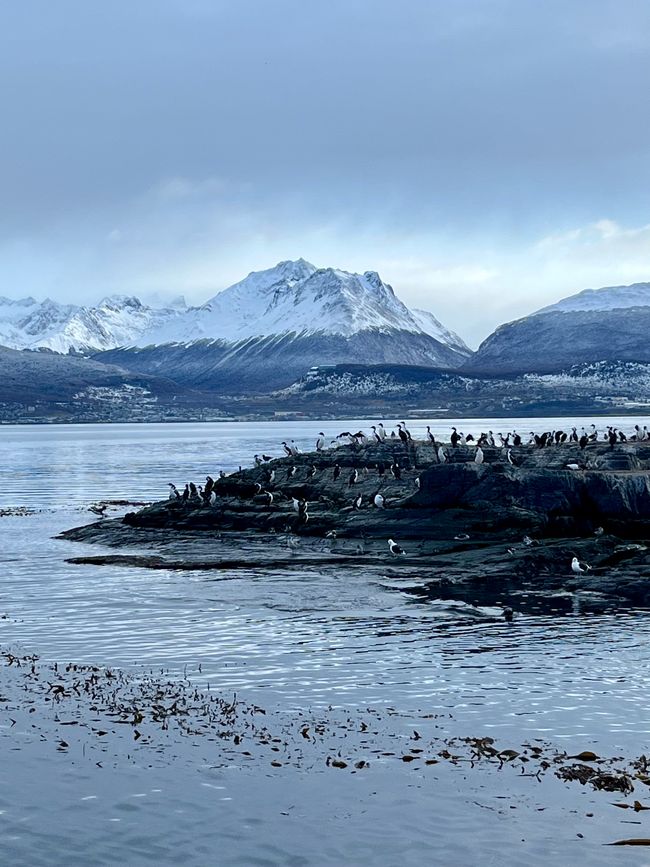
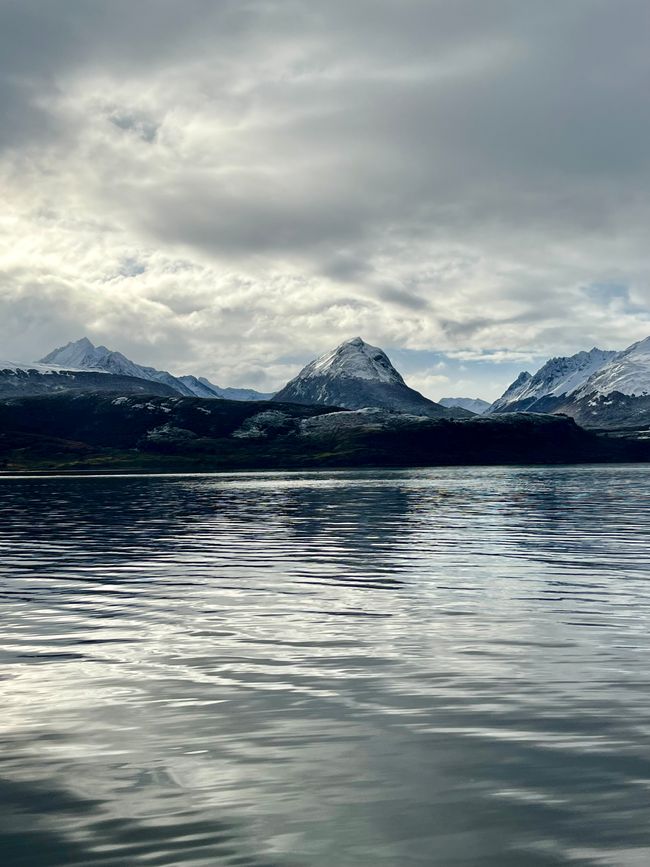
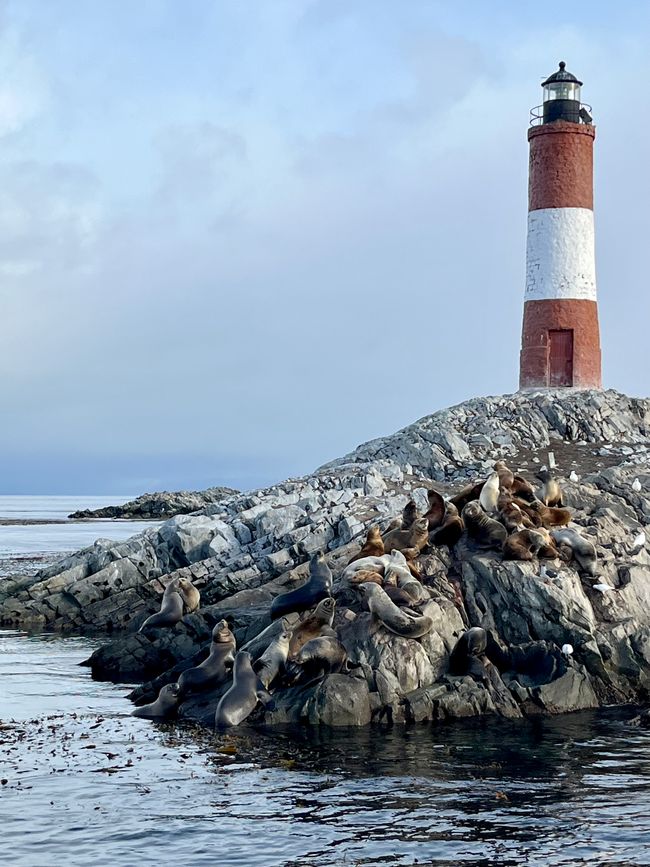
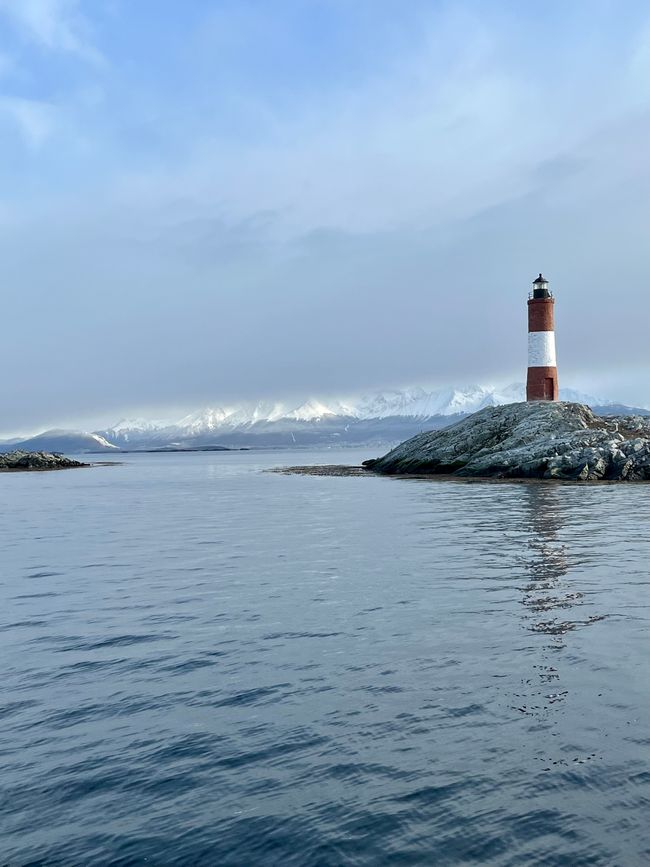
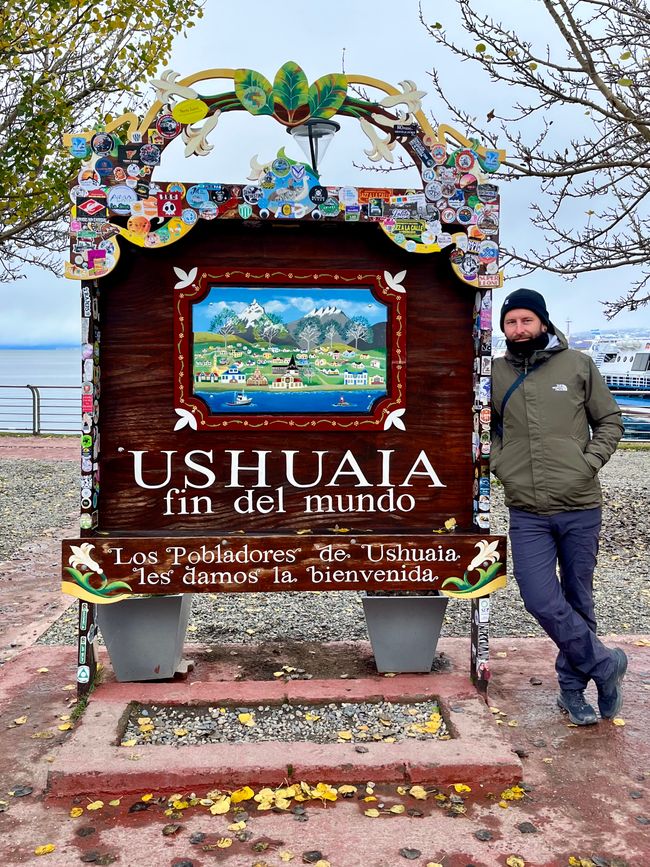
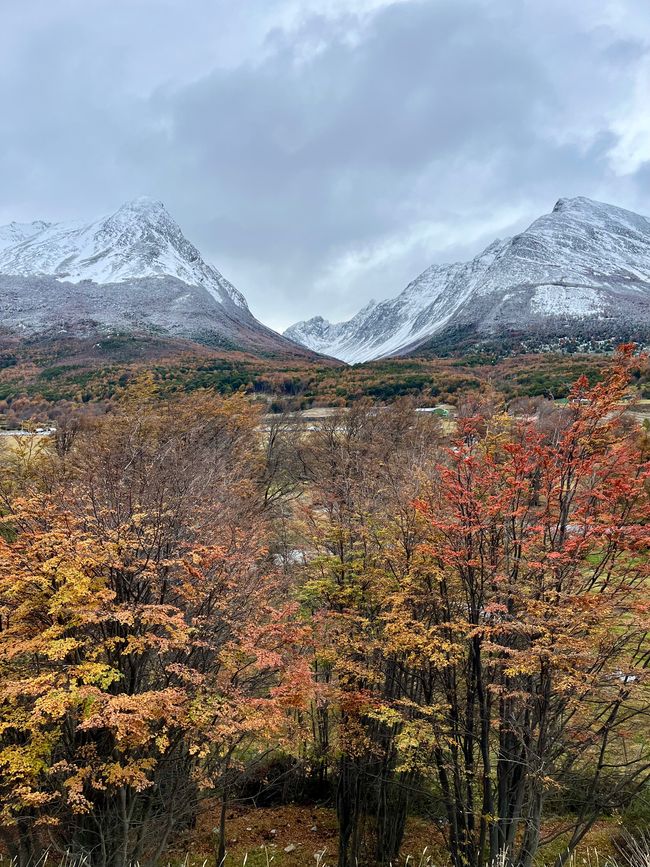
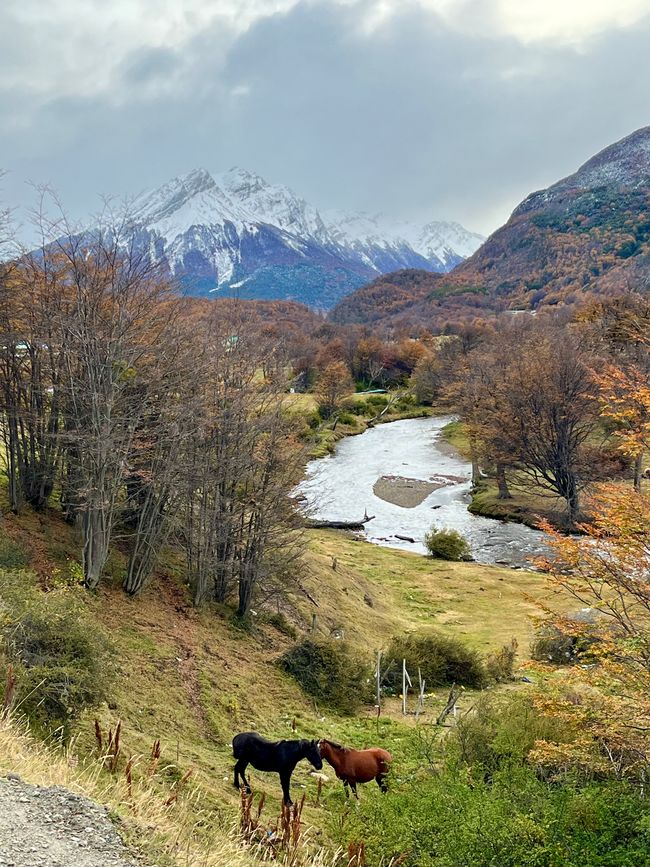
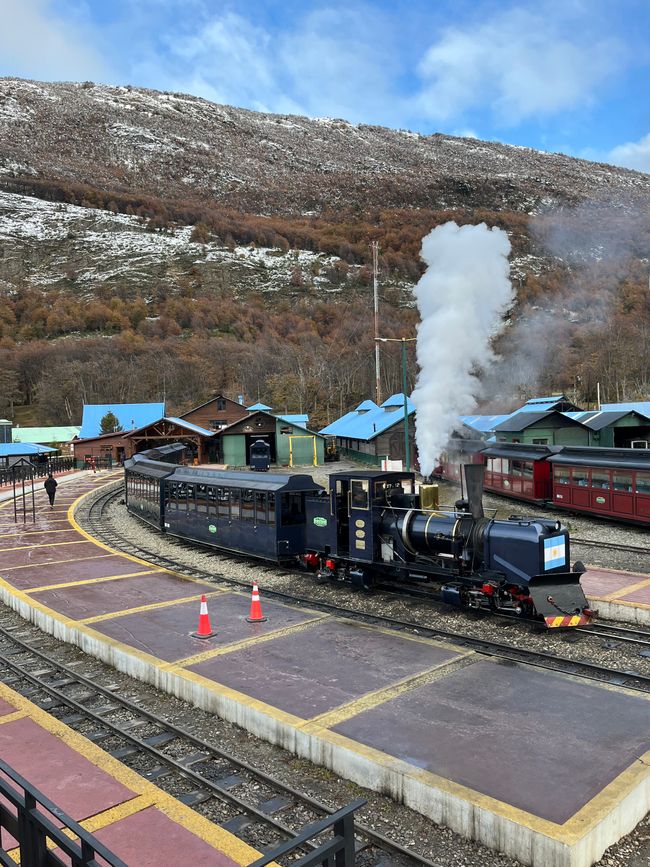
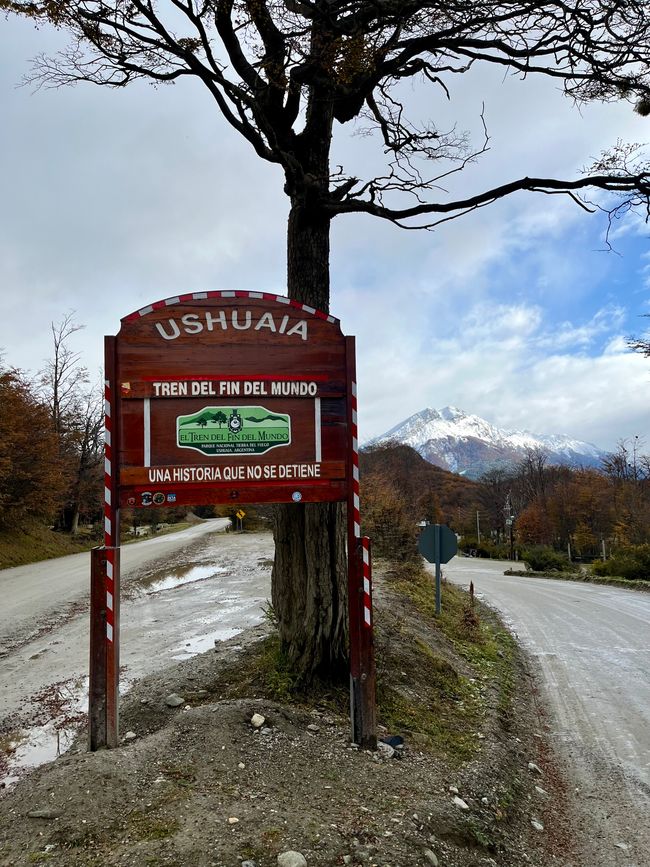
Tilaa uutiskirje
After endless, long and eventful weeks in the capital, it was time to move on. My head was full of memories that were hard to process and my phone book was full of new contacts who had helped to create all the madness (in a positive sense). However, it was now time for a change of scenery, out of the urban area, nature and wilderness were calling and the destination was to be the southernmost city on earth - Ushuaia, the capital of the province of Tierra del Fuego. Everyone has places they long for, for a variety of reasons. It could be any place on earth, in their own garden or thousands of kilometers away. For me, Ushuaia has always been one of them, at least for as long as I can remember, or since the time when some inner urge drove me out into the world to see all the beautiful and not so beautiful places our planet has to offer. Why Ushuaia? Good question, I can't answer it off the top of my head, maybe because there's something magical about being the proverbial inhabited southern end of the world. Because after that there is simply nothing left except rough nature and it also somehow represents the limits of human activity on our planet.

The original plan was to travel the distance from Buenos Aires by bus, but you can't just ride the 3,500 km in one day. When I looked into the alternatives, I came across an unbeatable price for a direct flight and decided on the logistically more sensible option; in terms of time and cost, there was simply no alternative.
As we took off from the inner-city Aeropark, we let our eyes wander over the city once again before we were once again rudely reminded why air travel is nothing more than a necessary evil for a globetrotting trip: The first 1.5 hours were extremely turbulence, and there was no thought of in-flight service or going to the toilet. So we put on music, closed our eyes and somehow tried to become part of this rollercoaster ride. Once we managed to do this, the situation fortunately improved and we were able to mentally and morally adjust to the changed weather conditions on site. When the iron bird emerged from the thick cloud cover shortly before touchdown, we finally saw the destination of this short trip, surrounded by snow-capped peaks, Ushuaia - the southernmost city in the world - greeted us sleepily in strong wind and sleet.
After arriving, I put my nose in the wind for a moment and then took an Uber to the hostel. There's something about the rough weather that sets the scene perfectly for this place, I think. And I'm not really a fan of the cold season and prefer summer and sun. The hostel here in Ushuaia completely won me over: Anum Hostel. Nothing special in principle, but with incredibly helpful and informative staff, a very comfortable bed and a quaint common room, completely clad in wood, with a view of the city. After a short chat, I put on my winter clothes, pulled the hood over my face and strolled through the town. The town center of the 65,000-inhabitant town consists mainly of souvenir shops, cafés and shops selling outrageously expensive outdoor clothing; you can easily add 50% to the price in Europe here. The clientele will probably consist exclusively of wealthy tourist groups; the average Argentinian will hardly want to afford the overpriced junk.
If you walk towards the waterfront, you have a wonderful view over the Beagle Channel, the waterway that also marks the border between Argentina and Chile.

At the port of Ushuaia there are numerous stalls offering all kinds of excursions around the city. Beagle Channel, hikes in the mountains or to one of the local glaciers or boat trips to Puerto Williams, the small settlement on the Chilean side of the channel, which is a little further south but, with its small population, is not recognized as a city. A few expedition ships are also moored at the port, and tourists can also book multi-day tours into the eternal ice. The cheapest costs around 6,000 euros. For that you get a private cabin and a 9-day trip to Antarctica. Maybe another time, this time I was going to do the slightly cheaper Beagle Channel tour the next day (around 30 euros). Also nice - definitely, I thought.
When I boarded the catamaran the next morning, Ushuaia showed itself at its best: no rain, only a light wind and even the sun occasionally pushed out from behind the clouds, bathing the silhouette of the city in a strangely melancholic light. It was really great, the catamaran headed for the channel and the city with the white peaks in the background slowly moved away from us. In addition, the silence was perfectly tailored to the scenario, you could hear nothing but the wind and the rippling water at the bow of the catamaran. I spent almost the entire 3-hour trip outside the boat, the scenery was simply too impressive to waste on the well-tempered cabin. During the excursion we stopped at several rocky islands a little way away and watched the lively and loud animal activity on them. Countless cormorants, other water birds, seals and lions tried somehow to secure their place on one of the very well-populated land masses. A bizarre background noise of roaring and screaming as well as a very strong stench provided a feast for all the senses. A short shore leave on one of the Channel Islands, the so-called Tierra del Fuego Islands, and a detour to the Faro Les Éclaireurs, one of the southernmost lighthouses in the world and a landmark of the Tierra del Fuego region, were also on the agenda. All in all, a truly impressive trip with plenty of silence, the taste of salt water on your lips and the feeling of endless expanse that can only be vaguely imagined when you look into the distance. I would do it again at any time and can unreservedly recommend this type of trip.

I spent the rest of the 4 days here on extensive exploration tours of the area surrounding the city. Where the buildings become sparser and the settlements of the simplest dwellings are scattered, you have a wonderful view of the wild and beautiful nature that surrounds Ushuaia. Especially now during the last days of autumn, there is a wonderful interplay of all kinds of colors. Nature seems like a colorful painting and, despite the beginning of the dark season, is anything but dreary down here.
I also visited the Tren del Fin del Mundo, the train to the end of the world. However, I didn't take a ride, because a good 40 euros plus another 15 euros for entry to the national park (both are only possible in combination) somehow didn't seem appropriate for a 30-minute train ride and a national park that, while certainly beautiful, also looked similar to the rest of the freely accessible nature in the area surrounding the city. Especially since the post office at the end of the world, which would have been another reason for the trip, is apparently permanently closed. Unfortunately, the second-generation operator doesn't take the business quite as seriously as the talkative Carlos, who enjoys a kind of cult status here in Ushuaia, but decided to pass the baton on after the COVID pandemic.
The railway line of the southernmost railway in the world was actually built by former prisoners. The 25 km long line was used to transport materials for a prison and to transport the wood felled by prisoners from the labor camps in what is now the national park to the city. The prison in the west of the city now serves as a museum, among other things, and can be visited for a fee.

Enough now about the end of the world, I really liked it here but there is still more to discover, or to put it like the lyrics of Keimzeit:
“Just get away from here as far as possible
Until you say it is time, we must
Back from Tierra del Fuego, home
In the Viennese waltz step”
But we weren't going home yet, but rather a little way north. But more about that in the next post. :)
Tilaa uutiskirje
Vastaus
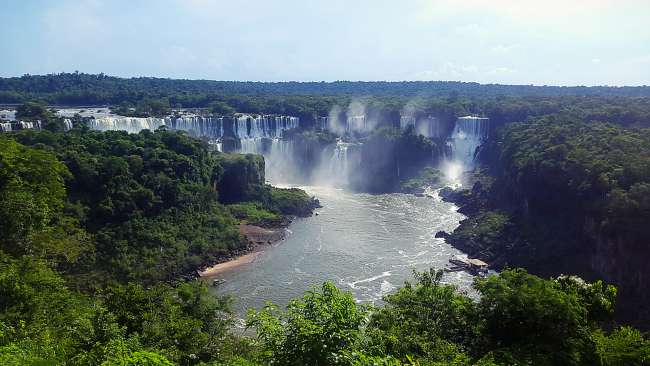
Matkaraportit Argentiina
